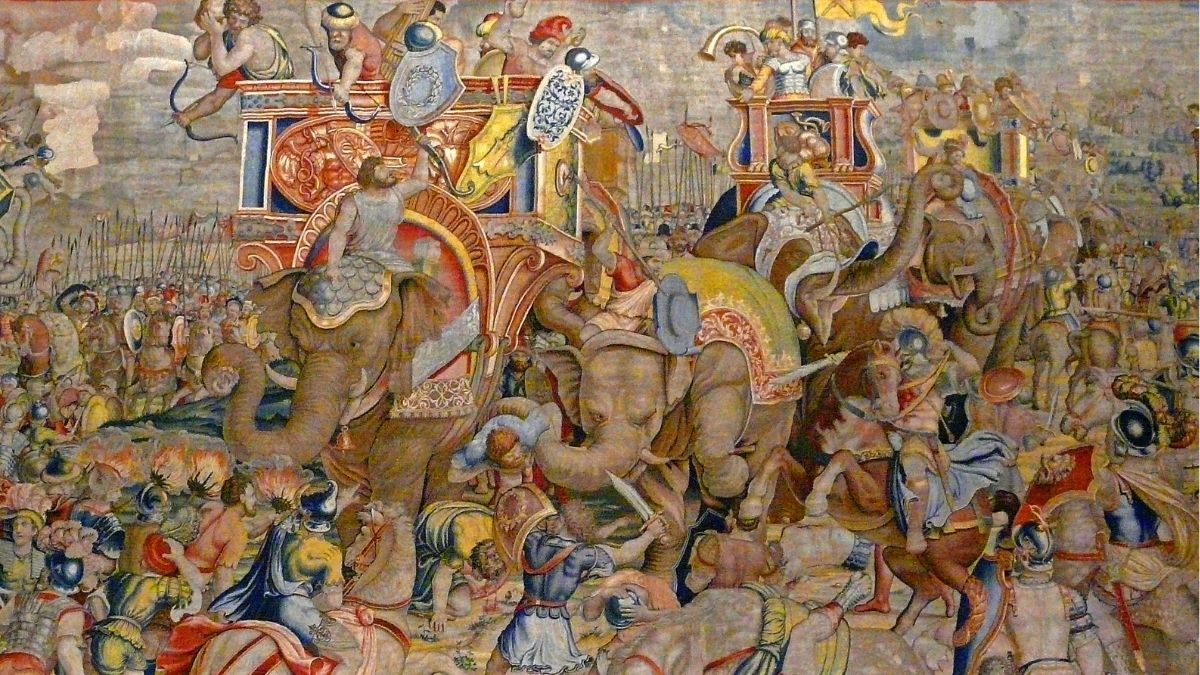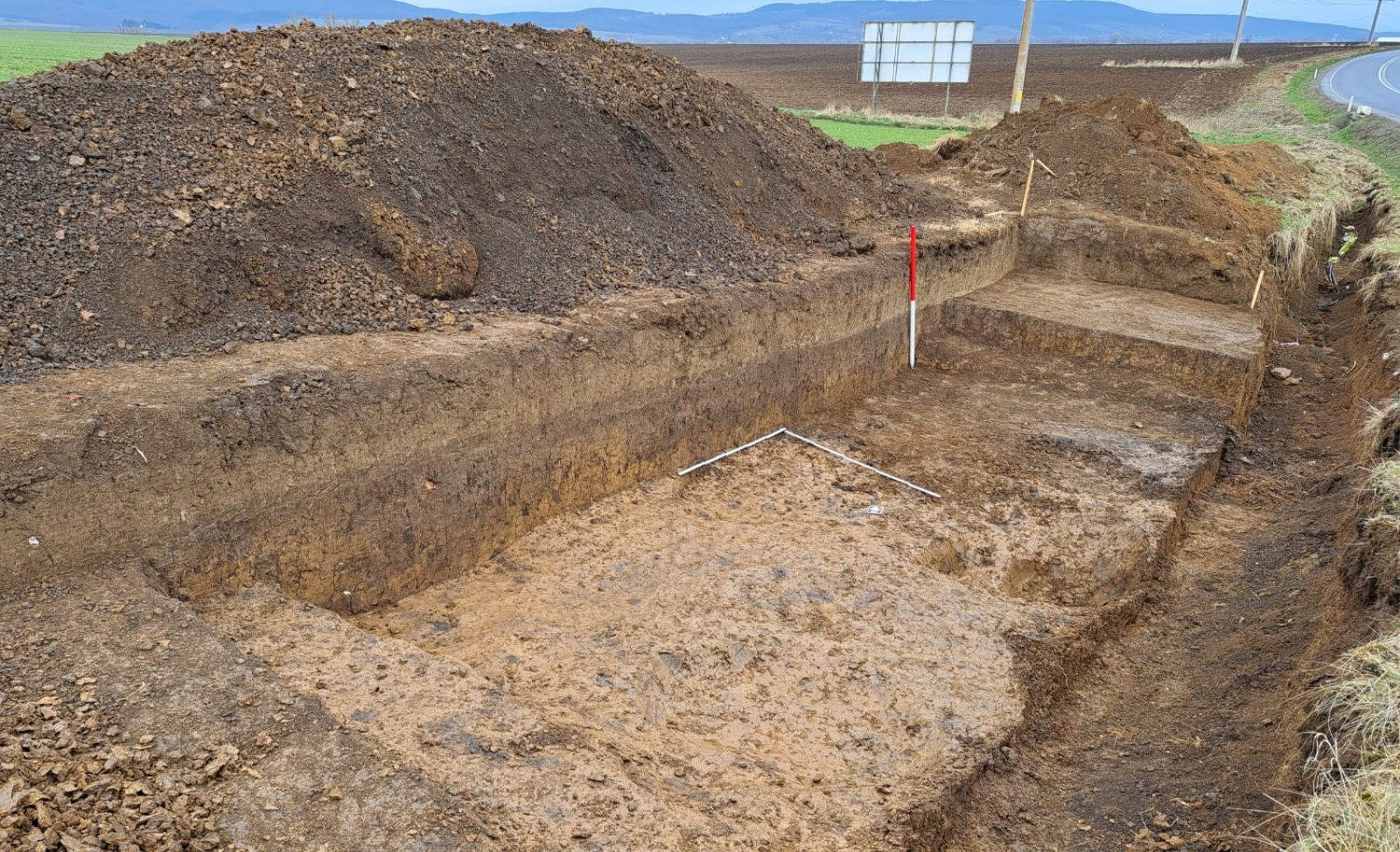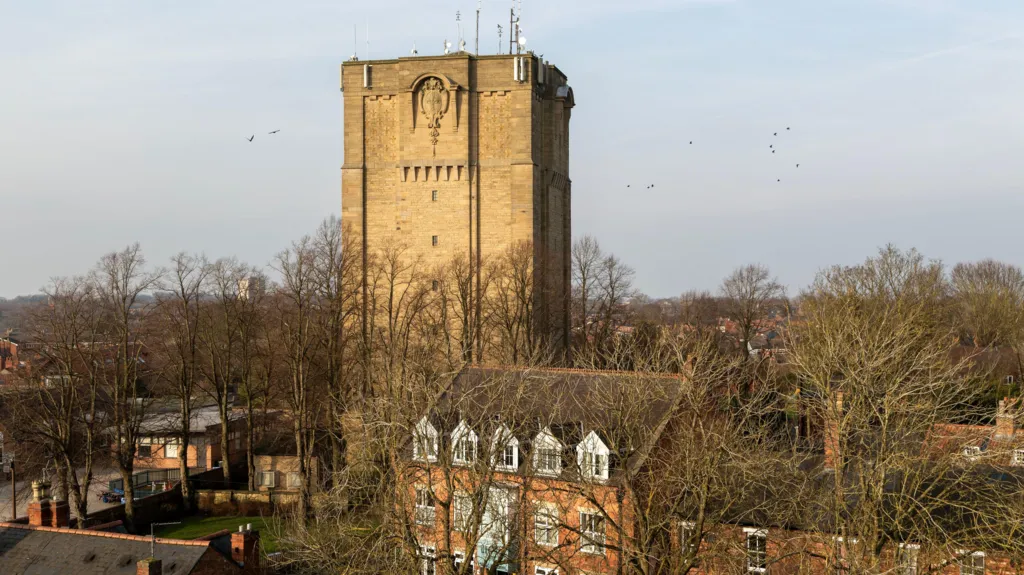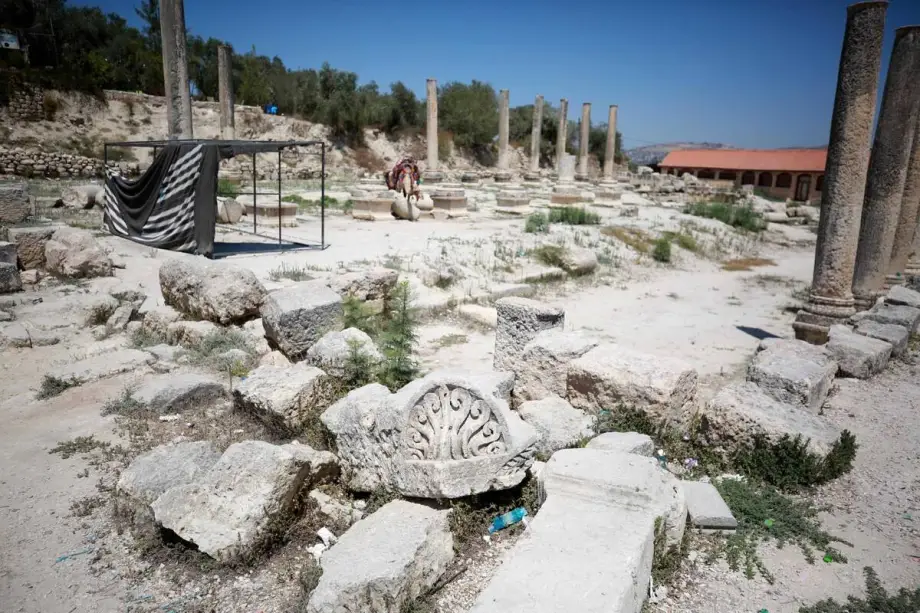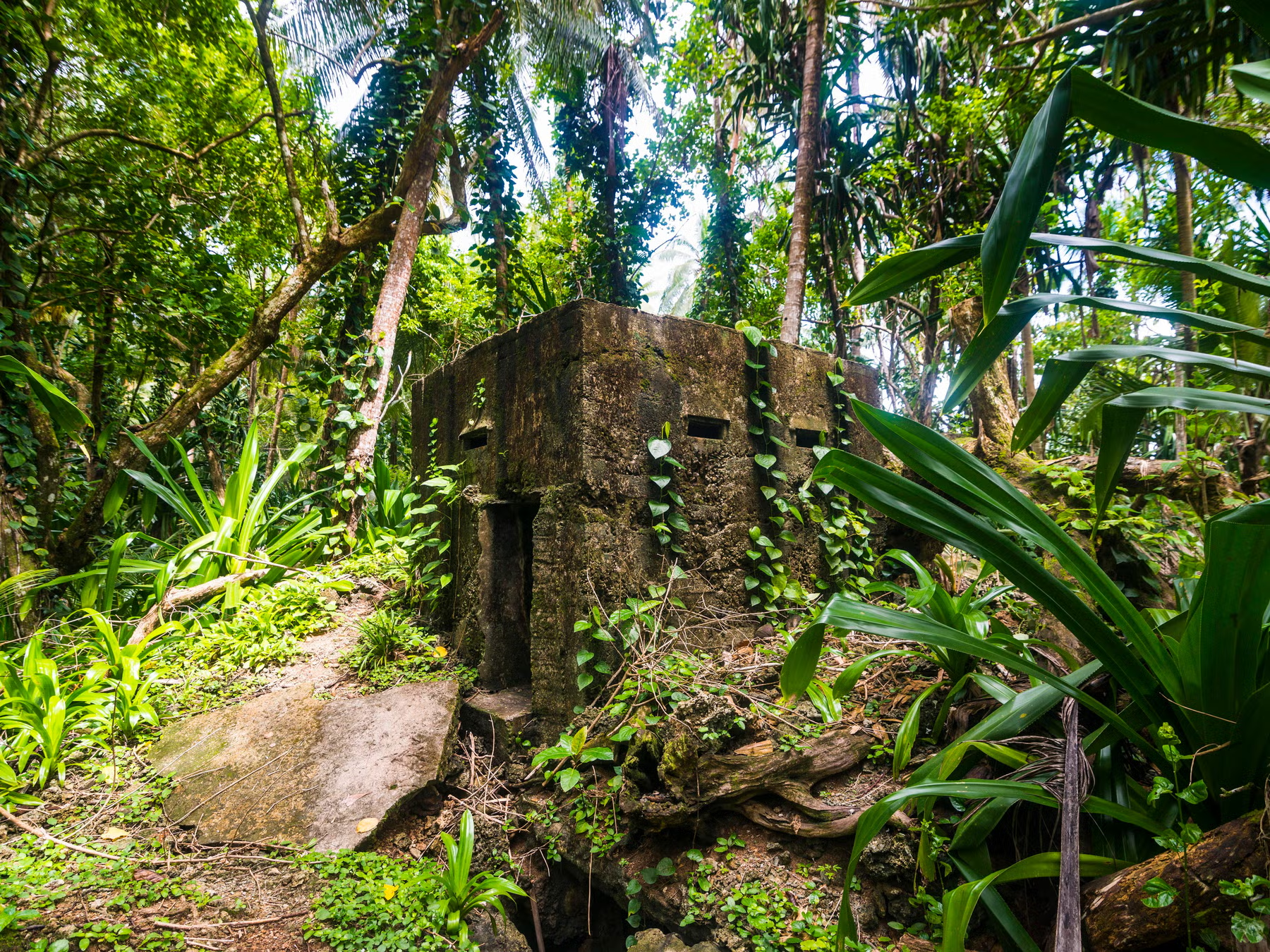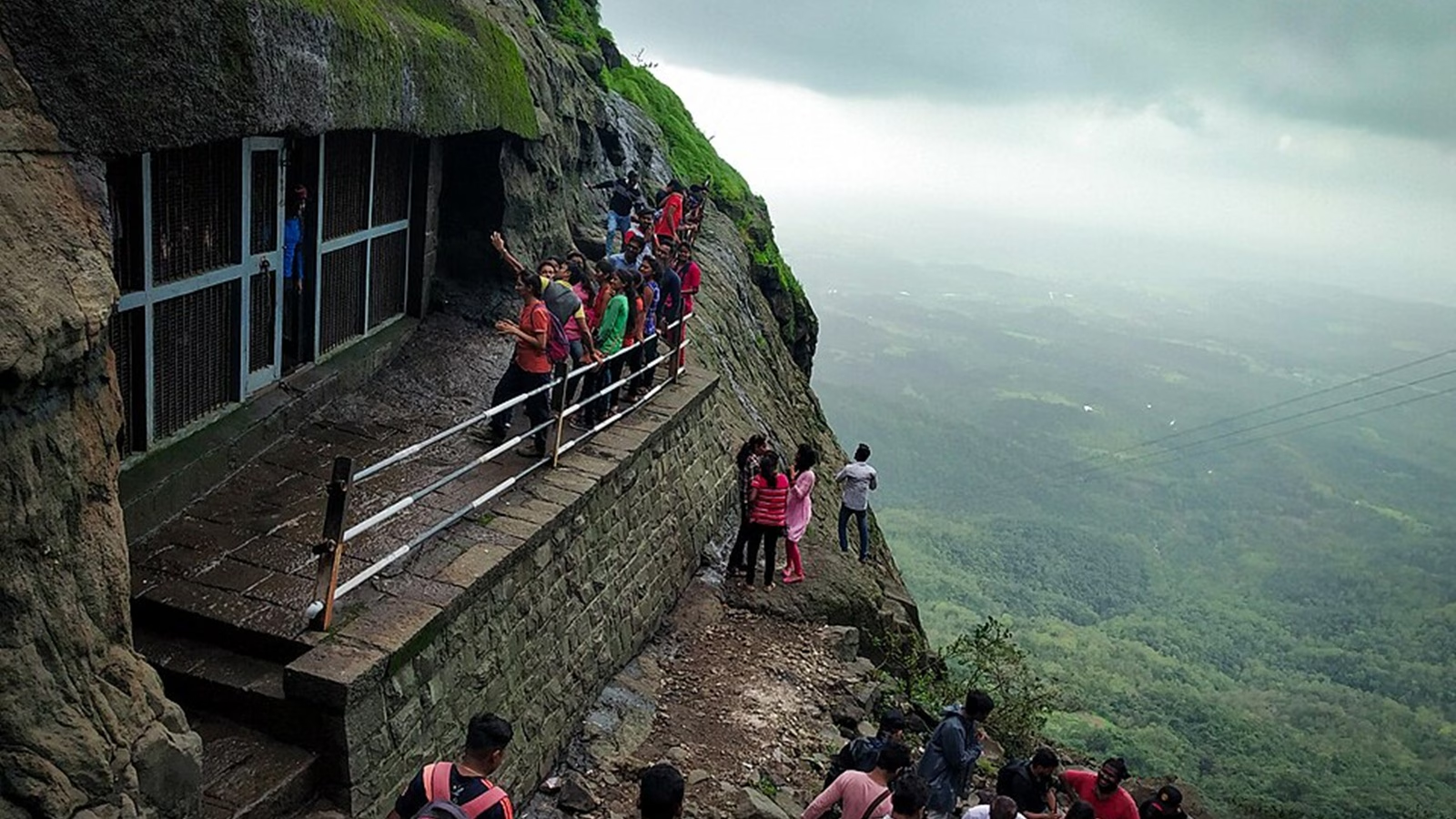This year, Naples is not only celebrating their football championship but also their… Greek origins!
Edited by: Sotiris Skouloudis, NEWSBOMB.GR
In a dazzling event attended by thousands of people—an event that certainly rivaled the grandeur of ancient festivities—the people of Naples, as well as those from southern Italy and the broader region once known as Magna Graecia, honored the foundation of their beloved city by the Greeks!
This year's historical reenactment, held for the sixth time, took on special significance as it marked the 2,500th anniversary of the founding of Campania’s capital. Sports and cultural activities also extended to Casamicciola on the island of Pithecusa on June 20, and on June 21 in Dicearchia (modern Pozzuoli) and Cumae.
The highlight was the revival of the two historic torch relays, held for over two millennia in honor of the Siren Parthenope, the mythical symbol and founder of Naples. Businessmen Giuseppe Serroni of the association "I Sedili di Napoli" and Fiammetta Miele passionately revived this ancient tradition—and succeeded.
Watch the spectacular video of the events:
Credits: Dimitris Zisopoulos
The initiative was supported by Italy’s Ministry of Cultural Heritage, the Municipality of Chalkida (Greece), the Municipalities of Naples and Casamicciola on Ischia island, and the Greek Embassy in Italy.
A Journey to the Roots of Naples
On June 20, festivities began on the lush island of Pithecusa—the first landing point of the Greek settlers. The first edition of the "Magna Graecia Hellenic Fest" took place there, featuring over 100 artists in ancient Greek costumes.
On the evening of June 21, the celebration continued with a grand procession through Naples's historic sites—from Castel dell'Ovo to Monte Echia—culminating in the reenactment of the Lampadedromia, the traditional torch-lit procession honoring Parthenope.
In Pozzuoli, the festivities included educational and theatrical workshops, along with the awarding of the "Salvatore Lopresti Prize" to distinguished individuals promoting classicism and reinforcing Greek and Roman identity.
Theatrical performances included ancient Greek plays, under the artistic direction of Angelantonio Aversana: Medea, Odysseus and the Sirens, accompanied by evocative tributes to the sacred fire of Pithecusa (Ischia), Cumae (Kuma, Bacoli), Dicearchia (Pozzuoli), and Parthenopolis (Naples)—the city destined to surpass all others, celebrating the transition from the ancient torch relays to their modern revival.
On June 22, the festivities concluded with the Neapolitan Torch Relay—a 15 km race from Pozzuoli’s Macellum to the islet of Megaride, home to today’s Castel dell'Ovo.
The Greek Origins of Naples
The city that would later become Naples was founded by settlers from Rhodes, who established new colonies along the coast to expand their maritime trade routes.
The city’s founding dates to the 8th century BCE, an era famous for the establishment of numerous cities collectively known as Magna Graecia. In the 7th century BCE, the colony was named Parthenope after the mysterious Siren—whose name means "Maiden." According to scholars, the worship of Parthenope likely predated the arrival of the Greeks from Cumae, who, respecting existing cults, dedicated the new settlement to her.
See the Photographs:
Photo Credits: Giancarlo De Luca, Rossella Crugliano
Parthenope, the Siren of Naples
Parthenope embodies many identities, much like Naples itself: she is a protector of harvests and the sea, a shield against Vesuvius’s wrath, a lover of song and music, and a hospitable spirit guarding the bay. She stands as an enemy to tyranny and injustice. Her most vivid and heartfelt memory lives on in the odes of Naples's greatest poetess, Matilde Serao.
The event’s organizers succeeded in reviving the city's oldest expression of devotion to Parthenope—a cult that, despite surviving over 2,000 years of profound social, political, and religious transformation, had disappeared by around 1912.
The Passion for Greek Heritage
As previously documented by Newsbomb.gr site during its travels across Magna Graecia, for many Italians in southern Italy, no form of culture surpasses classical Greek culture. There are no greater playwrights than Aeschylus, Euripides, or Aristophanes; no loftier literary works than Homer’s Iliad and Odyssey. The philosophical brilliance of Pythagoras, Plato, Aristotle, and Parmenides remains unmatched.
These performances transported audiences two millennia back in time, offering rare moments of refinement and profound atmosphere. News of the celebrations honoring Parthenope spread across the world within hours, with millions of views on social media.
Saverio De Florio: "We Feel Greek!"
We asked Saverio De Florio, co-founder of the Magna Graecia Artists Network—alongside Giuseppe Serroni and deputy director of the Naples performances—about the meaning and significance of reviving a tradition lost for over a century.
Saverio emphasized that Greek heritage is the foundation of his homeland and highlighted the immense challenge of reviving ancient popular traditions, which, in his view, gain even greater importance the older they are.
He also stressed the need not to lose the ancient sense of the sacred and of profound meaning, especially in an era dominated by technology. He reminded us of the wise Greek warnings about the dangers of excessive technological advancement, referencing Aeschylus's Prometheus Bound as an allegory of mankind's disastrous attempt to replace the divine. He criticized the modern obsession with technology, no longer seen as a tool but as an ultimate goal—a technology that, according to AI creators themselves, humanity has lost control over, opening dangerous new scenarios that defy natural balance and order.
For Saverio, history—understood as the collective human experience—is a safe haven, offering lessons that, however ancient, remain essential for securing the future. Those without memory, he concluded, have no perspective and no future.
"We Southern Italians Feel Greek"
Saverio concluded:
"The most important thing is to send a strong message: our commitment to honoring the ancient Greek founders of our cities and expressing our love and closeness to Greece. That is what matters most to us. Southern Italians feel Greek, and they proudly demonstrate this by reviving the oldest rituals of their cities—to showcase the greatness, beauty, and sacred spirit of the ancients."
The Contributors to the Event
Saverio explained:
"This dream of formal celebrations had been long-awaited and was realized thanks to nearly a hundred artists from companies representing the oldest and greatest cities founded by the Greeks."
In addition to the participating groups from Sedili di Napoli, Nastazio De Marin, Angela Di Cicco, the Falero Polyphonic Choir and Small Orchestra under Patrizia Fanelli, and the Terra e Lavoro Folk Group, performers filled Parthenope with theater, dance, Greek music, and the ceremonial procession of the Siren’s statue.
Participants included actors, dancers, and musicians from the Nereids of Taranto (led by Clelia Madaro), the Naiads of Metapontion (led by Giuseppe Barberino and Ilde Calvello), the Olympia Dance School of Crotone (directed by four generations of the Blaconà family), the Guardia Krotoniate School (Antonio Parrotta), and the Brettii group (Luigi Rubino).
Artists from Agrigento and Gela joined as well. Honorary guests included performers from Athens, part of the Atrapos and Atthios groups, renowned for their Greek ceremonial performances.
On the return route from Santa Lucia to Castel dell’Ovo, alongside the procession, the commemorative Lampadedromia took place—the ancient torch race once dedicated to Parthenope by the bay's inhabitants to ensure fertility and prosperity.


















